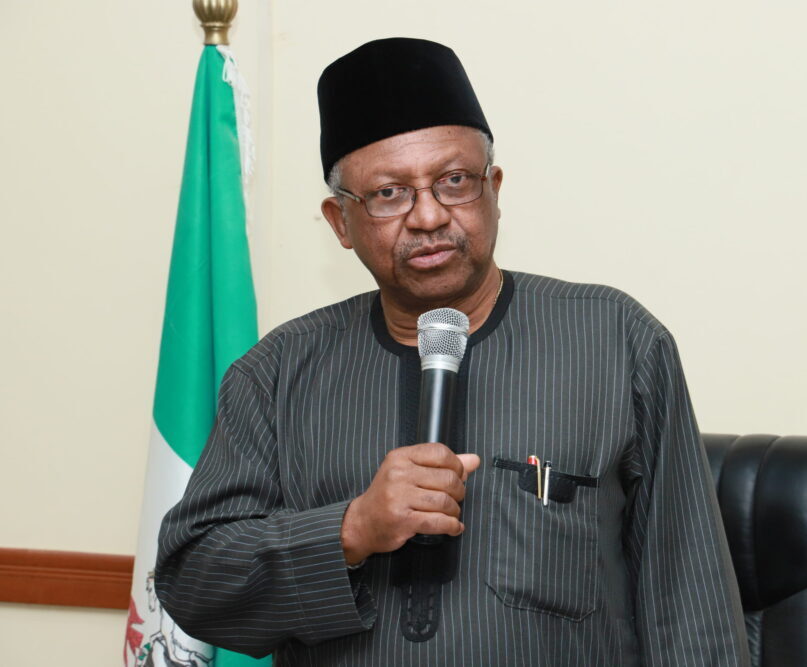Health
FG’s plan to build oxygen plants on track, says Health Minister

The Federal Government’s plan to build new oxygen plants in 38 sites is on track, Minister of Health, Dr Osagie Ehanire says.
Ehanire made this known in an interview with our reporter on Tuesday in Abuja.
He said plans by the Global Fund to effect repairs or update existing, faulty plants in the country were on.
It was reported that President Muhammadu Buhari approved about 17 million dollars for the construction of the 38 oxygen plants across the country to address the demand for medical oxygen.
Our correspondent reports that Nigeria has contributed a total of 38.79 million dollars to the Global Fund to date.
Nigeria is both a donor to the Global Fund and an implementer of Global Fund-supported programs.
Ehanire disclosed that the Global Fund had already deployed nearly One billion dollars in the fight against COVID-19 and mitigate the impact on HIV, Tuberculosis (TB) and malaria in more than 100 countries.
“Through the ACT-Accelerator, the global collaboration to ensure the accelerated launch and equitable deployment of tools to fight COVID-19, the Global Fund is now the primary channel for providing grant support to low- and middle-income countries on tests, treatments (including medical oxygen), PPE and health system strengthening.
“For the Global Fund to fulfil its responsibility to the ACT-Accelerator and regain lost progress against HIV, TB and malaria, an additional US$10 billion is needed. To date in 2021, the Global Fund has raised 3.7 billion dollars,” the minister explained.
The minister praised the global fund for its generosity, noting that it has been supportive.
“It is also a strong indication of the confidence they have in the present administration of Nigeria.”
“They have the confidence in what the government will do and government’s performance, particularly the president leadership, President Buhari especially in the country’s intervention for COVID-19,” he said.
Meanwhile, the minister said that many more COVID-19 positive persons present themselves voluntarily for treatment.
“It is a good sign because it allows easier medical intervention.
“In the past two weeks only one patient in our Isolation centre needed oxygen.
“This development has reduced pressure on oxygen needs, making it more available for other conditions such as pneumonia, asthma etc.
“We continue to oversee efforts to ensure that Isolation and Treatment centres are equipped and well stocked with medications and consumables, such as PPEs, so that we are as ready as we can be for any surge, as has been reported in other countries,” he noted.




 Davido's Net Worth & Lifestyle
Davido's Net Worth & Lifestyle 
